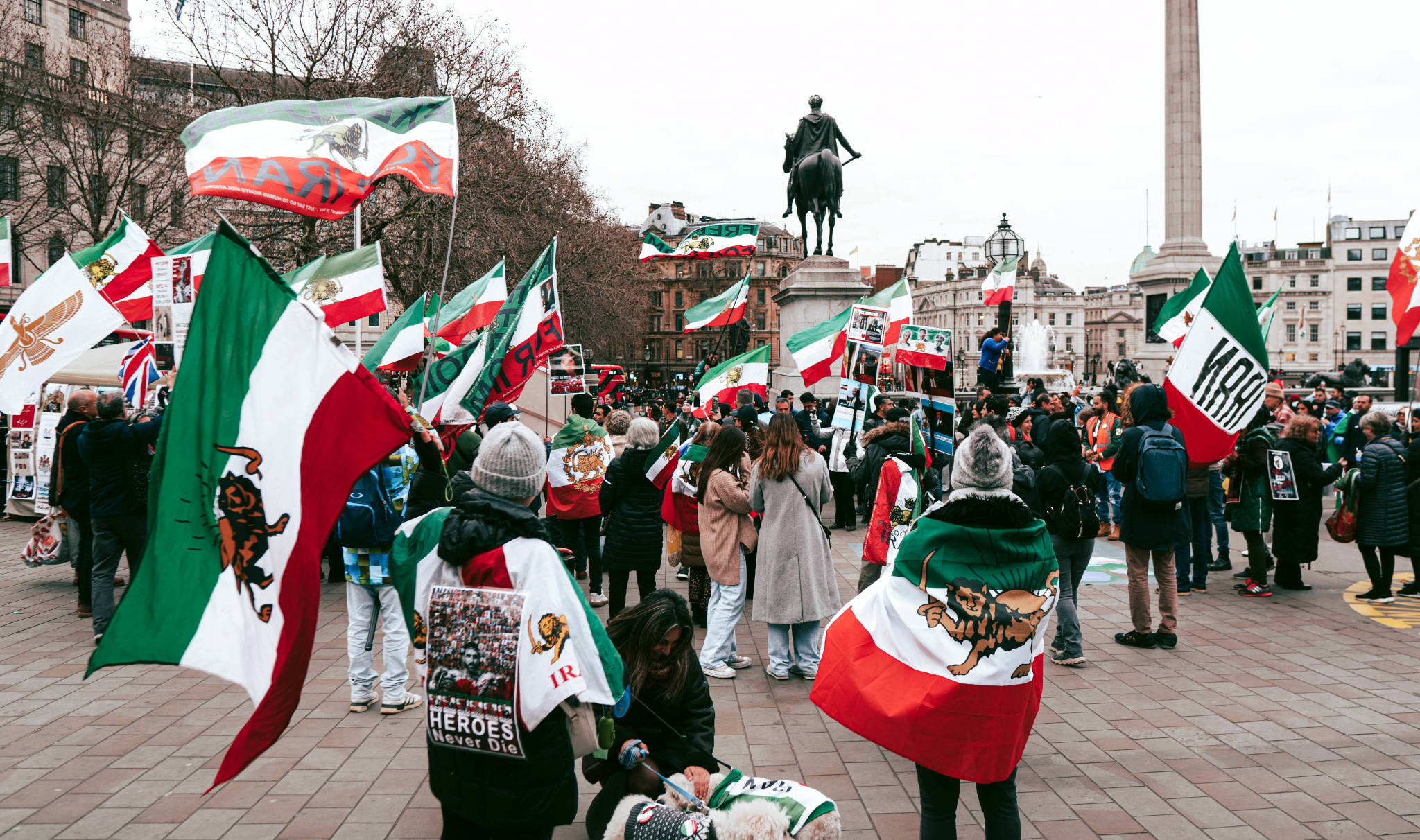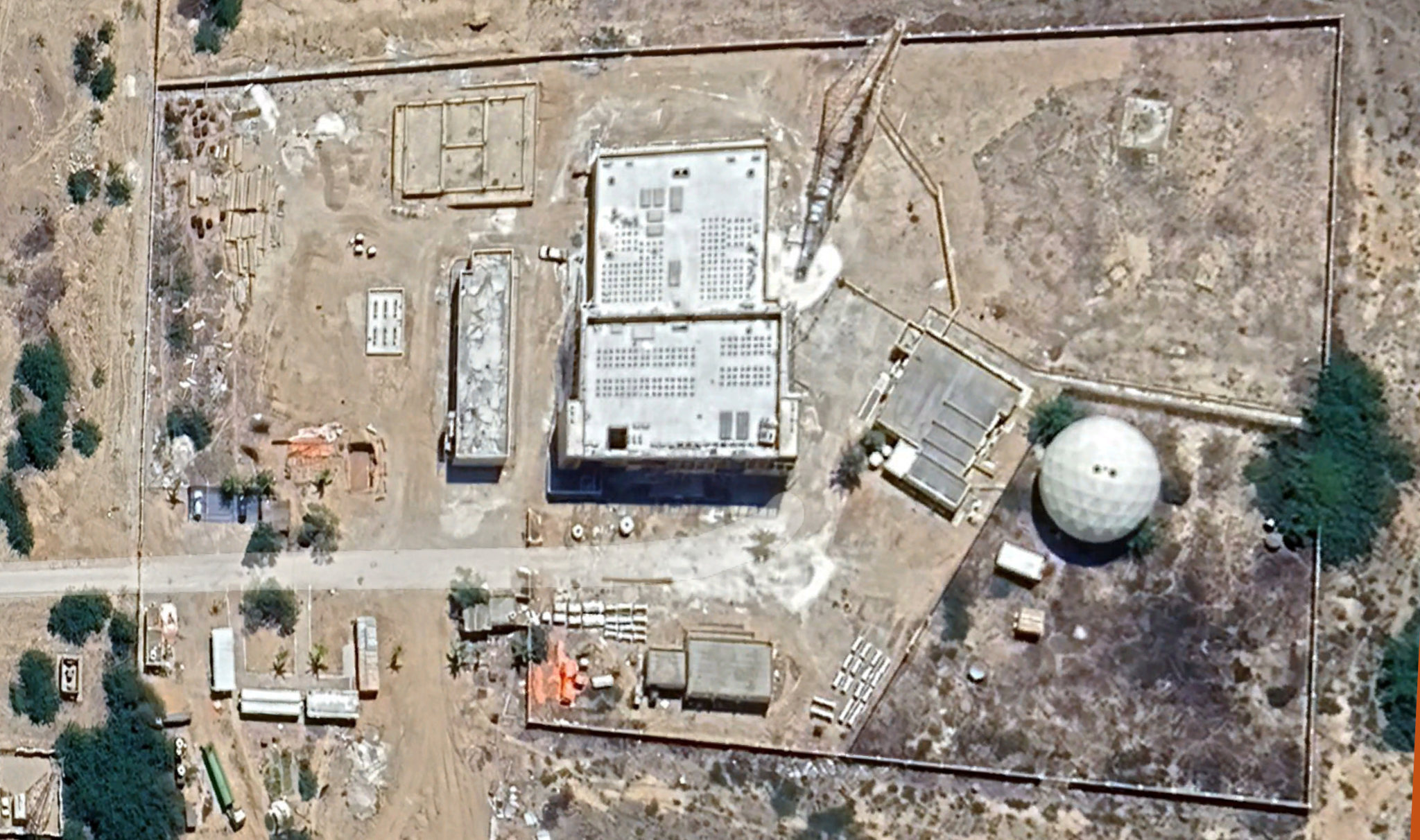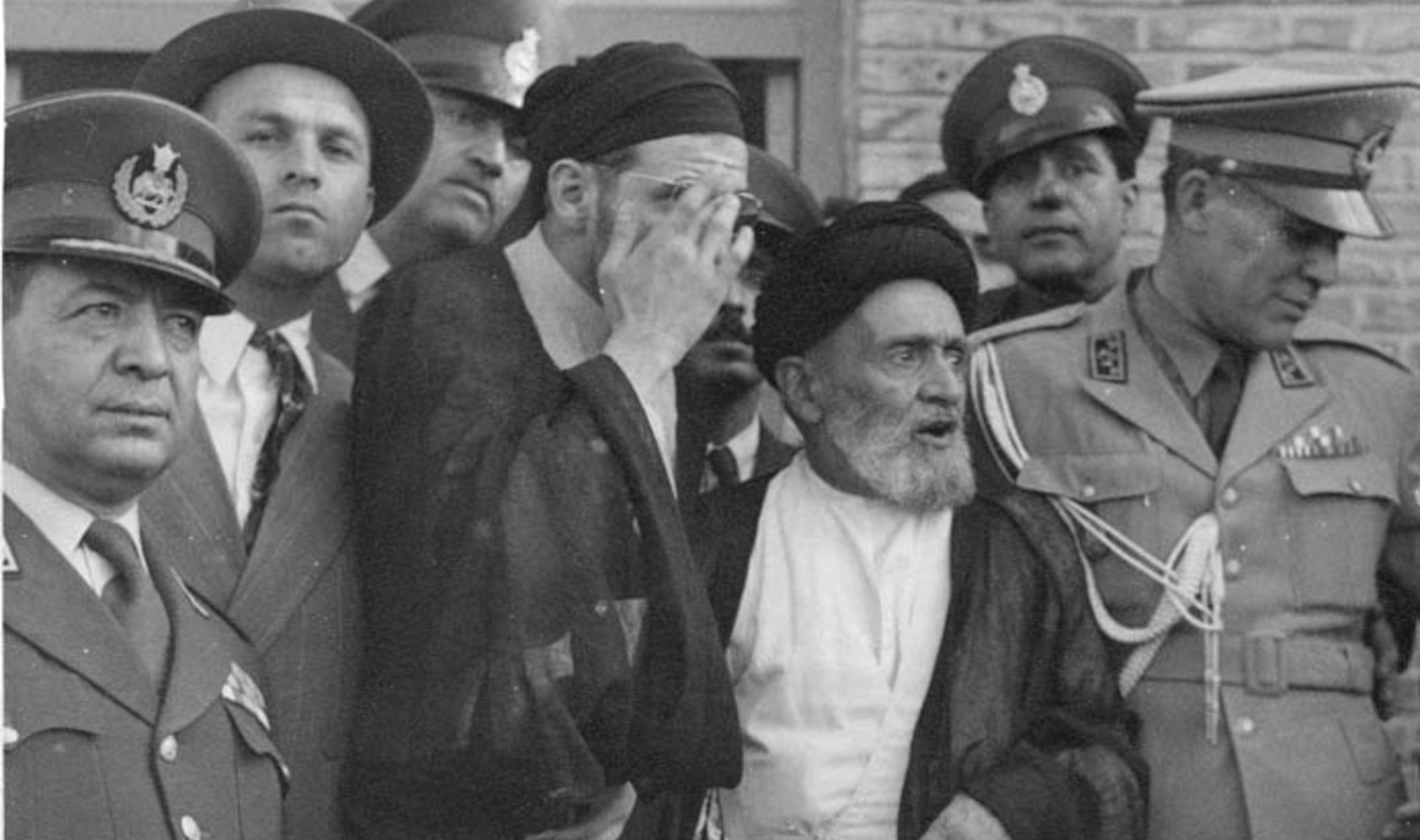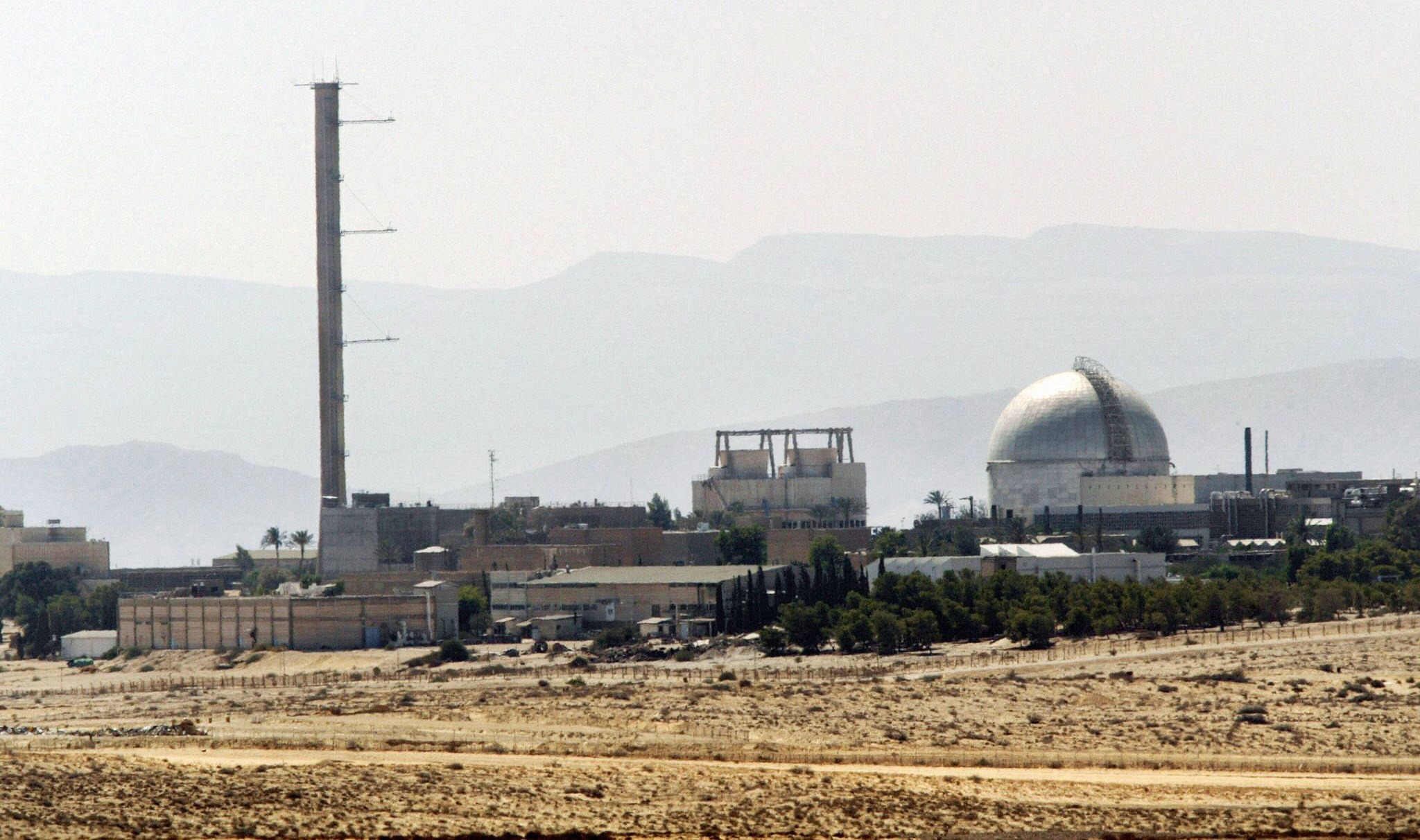“The era of the peace dividend is over”.
These were the words of UK defence secretary Grant Shapps during a speech last month.
In five years’ time, Shapps warned, Britain “could be looking at multiple theatres” of war involving Russia, China, North Korea, and Iran.
Shapps’ speech came four days after the UK government ordered a first round of airstrikes on Houthi positions in Yemen.
The bombing campaign was designed to protect international shipping, and shield Israel from the consequences of its genocide in Gaza.
Yet Britain’s campaign against the Houthis has not only failed to stop the attacks on vessels in the Red Sea – it also risks escalating to a major confrontation with Iran.
‘Hitting the wrong target’
Last month, Tory MP Mark Pritchard asked in parliament whether Britain “might actually be hitting the wrong target” in the Middle East.
“It might be the case”, he said, “that while we have the best of diplomatic intentions and we do not want to provoke Iran [into] a major conflict with NATO, the US or the UK, putting off that decision now will cost more lives in the future”.
While acquiescing in Israel’s possession of nuclear arms, British ministers repeatedly say that Iran should “never” be allowed to acquire such weapons. They have threatened to consider “all options” if Tehran appears close to doing so.
Over recent months, the British media has also been talking up the prospect of military action against Iran.
Sky News’ military analyst Sean Bell deliberated the utility of “a series of calibrated strikes against Iran”. He added that there is a “limit to how many diplomatic options you’ve got on the table if you want to keep trade flowing”.
Con Coughlin, the Telegraph’s defence and foreign affairs editor, declared that the “West is now at war with Iran and its proxies”, adding we “shouldn’t fear a direct confrontation with Tehran”.
The US government has also not ruled out strikes on Iranian soil, with US national security adviser Jake Sullivan declaring that the attacks on the Houthis “were the beginning, not the end of our response”.
The West “may now have no option but to attack Iran”, wrote former US national security adviser John Bolton in the Telegraph.
‘Bring down its regime’
The growing calls for confrontation with Iran likely please Israel, which has long viewed Tehran as its most important adversary.
This is partly because Iran supports local resistance movements against Israel in the Middle East, but also because it is seen as the most likely regional power to acquire nuclear weapons.
To this end, Israel has long sought to encourage its Western allies to isolate, weaken, and confront Iran – and has redoubled such efforts in recent months.
In October last year, Israel’s deputy ambassador in London, Oren Marmorstein, argued at a Conservative Friends of Israel event that “only two things” can stop Iran from gaining a nuclear weapon: “crippling sanctions and a credible military threat”.
“Iran can never – and will never – have a nuclear weapon, and we will make sure this is the case no matter what it takes”, Marmostein added.
Shortly after, Israel’s former prime minister Naftali Bennett declared that “it’s time for the US and its allies to target” Iran, the head of a “terror octopus” comprising Hamas, Hezbollah, and the Houthis, and “bring down its regime”.
In January, Israeli president Isaac Herzog called for “a very strong coalition” of international partners to form against Iran.
“This war is a war that is not only between Israel and Hamas”, he declared. “It’s a war that is intended, really, truly, to save Western civilisation, to save the values of Western civilisation. We are attacked by Jihadist network, an empire of evil, emanating from Tehran”.
‘We need calculated strikes on Iran soil now’
Calls for offensive action against Iran have been echoed by pro-Israel figures in the British media.
Jake Wallis Simons, the editor of the Jewish Chronicle and one of Israel’s most vociferous defenders in Britain, has declared that: “We need calculated strikes on Iran soil now, or we will be dragged into war on Tehran’s terms”.
In the Spectator, Wallis Simons emphasised that “we must recognise our economic, military and moral clout and use this moment to pivot to maximum deterrence” against Iran. “Then we must act with full conviction”.
In January, retired British colonel Richard Kemp declared in the Telegraph that “Britain is now at war with Iran. We should act like it”.
The Telegraph did not disclose that Kemp is the director and trustee of UK Friends of the Association for the Wellbeing of Israel’s Soldiers – an organisation that raises money for and is funded by the IDF.
Proscribing the IRGC
Britain’s pro-Israel lobby also plays a role in encouraging the UK government to isolate Iran.
The organisations leading the charge are Conservative Friends of Israel (CFI) and Labour Friends of Israel (LFI), two parliamentary groups which have close ties to the Israeli state.
Both groups have campaigned strongly for the proscription of Iran’s Islamic Revolutionary Guards Corps (IRGC), a branch of Iran’s armed forces, as a terrorist organisation.
Proscribing the IRGC would make it a criminal offence in the UK to belong to or support the group. Those advocating for this say it would promote British national security abroad and at home, amid increasing concern about Tehran’s activities in the UK.
The Foreign Office, however, is worried that such a step would effectively proscribe the Iranian state as a terrorist organisation. This would close off avenues for diplomatic engagement, bringing both countries closer to direct confrontation.
It could also open UK citizens up to spurious counter-terrorism charges, as has been the case with activists who have expressed support for Hamas’ armed resistance against the Israeli forces, and offer tacit consent for future Israeli offensive action against Tehran.
As historian Avi Shlaim has observed, “by labelling its political opponents as terrorists, Israel absolves itself from the need to talk to them and gets a free pass from its western allies to resort to the modus operandi to which it is addicted – naked military force”.
It was under such pressure from the Israel lobby that the UK government proscribed the political wing of Hamas as a terrorist organisation in 2021.
Friends of Israel
In October 2023, CFI submitted evidence to parliament urging the UK government to proscribe the IRGC.
“The UK – along with international partners – has failed to curtail Iran’s hegemonic ambitions and destabilising activities”, it argued.
Using parliamentary questions, CFI officers also encourage the UK government to sharpen measures against Iran.
“Labour under Keir Starmer has been more receptive than the Conservatives to adopting harsher measures against Iran”
Their efforts are flanked by LFI, whose “Middle East policy agenda” for the next Labour government calls on the party to “push back” against the “increasingly hardline and repressive regime in Iran”. It calls for proscribing “the IRGC as a terrorist organisation with immediate effect”.
“All the signs indicate that we are headed towards a major escalation both inside Iran and abroad”, the report added.
Labour under Keir Starmer has been more receptive than the Conservatives to adopting harsher measures against Iran.
Last year, shadow ministers David Lammy and Yvette Cooper announced that the “IRGC is behaving like a terrorist organisation and must now be proscribed as such”.
‘Go after the parent organisation’
The All-Party Britain-Israel Parliamentary Group of MPs has also been vocal in the effort to isolate Iran.
In April 2023, the group sent a letter to Rishi Sunak, signed by 125 cross-party parliamentarians, urging the prime minister to proscribe the IRGC.
“The IRGC is, after all, the primary financier, supplier, and trainer” of Hamas and Hezbollah, the group wrote. “It is incumbent upon the Government to go after the parent organisation”.
The APPG’s top funders have included the Israeli ministry of foreign affairs, as well as Cedars Oak Ltd, a company owned by pro-Israel lobbyists Jonathan Mendelsohn and Stuart Polak.
Polak was the director of CFI between 1989 and 2015, after which he became the organisation’s honorary president. During the 1990s, Polak encouraged the UK government to proscribe the Palestine Liberation Organisation (PLO) as a terrorist organisation.
As Declassified recently reported, “then, as now, a key goal for the Israel lobby [is] to get Western governments to brand their critics (from the PLO to the aid agency UNRWA) as terrorist groups, in order to delegitimise them”.





